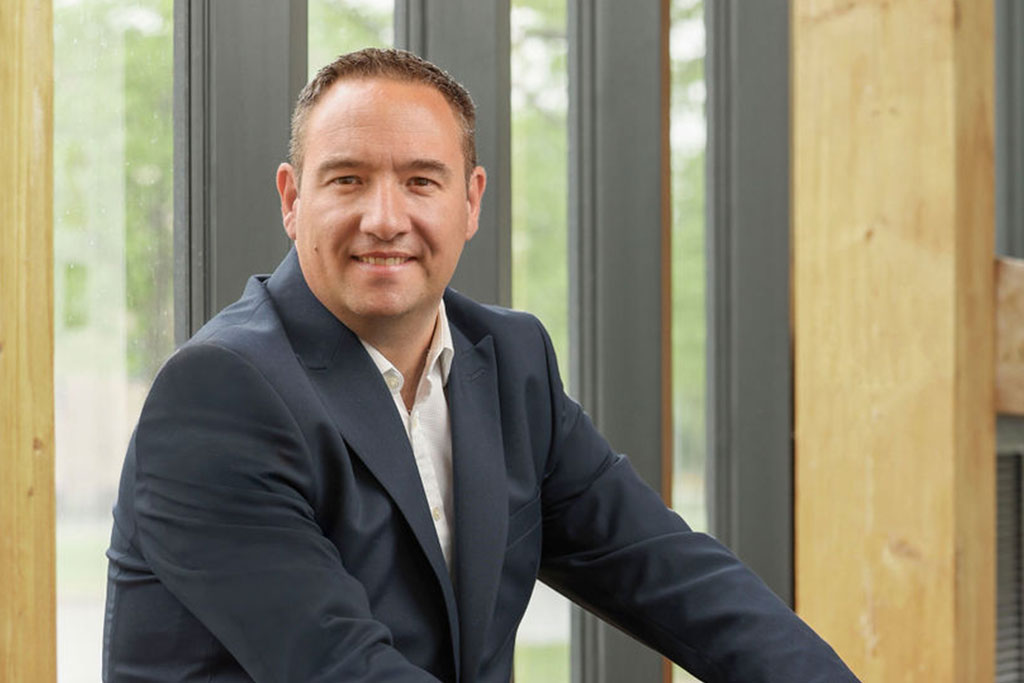
by Justin Tuckwell, Managing Partner at Rapleys
Published by CoStar (23.06.2023), BTR (23.06.23)
Two years before Covid-19 struck the building consultancy team, alongside others, were going through a period of growth and change. We’d managed to move from a couple of building surveyors in the corner hanging off the scraps of business fed to us by agency to a serious and professional building practice that other teams wanted a slice of client action from. This wasn’t by accident, it was all part of our strategy to reposition how the building surveyor was thought of – both in Rapleys, but really across the industry.
We realised that we had to attract the best people to a profession that historically had been viewed as dull and not always essential, certainly not as sexy as capital markets or retail agency where all the top grads wanted to be thanks to stonking deals and brilliant bonuses.
We had attracted some good people – not just bums on seats but those who could extend our service offer and really attract clients through adding actual value to projects and developments. We no longer sat in the corner, we were out on site, at meetings and in demand. But we wanted to grow further, offer even more and also incentivise the people we brought in, showing them that we believed in them and trusted their timekeeping and work ethic.
In 2018, we brought in the four-day week. Our people were impressed at how different we were. Rapleys, after all, was still considered then a ‘traditional’ consultancy. Read into that what you will. However it didn’t work that well in practice. If you run a project, mostly they finish on a Friday deadline. That ruled out Fridays. Similarly, client briefings were mostly on a Monday, that ruled out Mondays. So we suddenly had four day weeks where one day off was required on a Tuesday, Wednesday or Thursday only. It was difficult to manage and actually it became more stressful for our team no matter the good intentions.
Fast forward five years and we have the trials of a four day week in various sectors across the UK. It may well work for some businesses who don’t have such practical delivery and in-person necessity as building consultancy.
However, I would argue that a much better format for flexible working could be ‘work when you want or need to’. We believe that our people are best in class and deliver success whatever boundaries we might put in place. This is because they have motivation, enjoy their roles and want to make clients and their colleagues happy.
We trust them, so why don’t we amplify this trust? There will of course be some days where our people work ridiculous hours to finish a task. But there will be some where they have a meeting and they’ve finished a job so can relax a bit more. Shouldn’t they be treated as adults where, we believe that they know their role and objectives, and can deliver on their own terms?
If we, as managers of a business, haven’t worked with them to ensure they know the goals then that’s our failure, not theirs. And if they know and we trust them, then there’s no issue surely.
So that’s what we’ll be doing at Rapleys – investing time in our people so they can work on their own time. After all, every person works differently so let’s empower them to show us what they can do when they want to.
Related news
Rapleys’ experts react to the Chancellor’s 2025 budget
Daniel Cook, Partner and Head of Automotive, Roadside and Future Fuels at Rapleys, said: “The tax on EVs is clearly there to make up for the fall in fuel duty as drivers move away from petrol/diesel cars.









